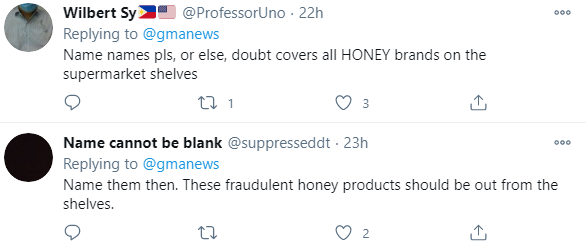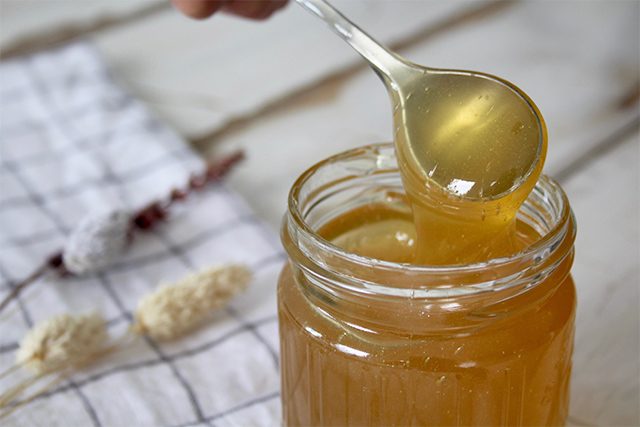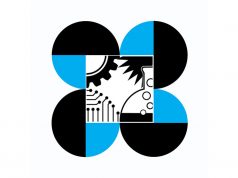Several Filipinos called for stricter laws against food fraud following the findings of the science and technology agency on local honey products.
In a press release last Friday, December 11, the Department of Science and Technology-Philippine Nuclear Research Institute said that its study found that 62 out of the 76 or 82% of honey brands they tested contained 95% C4 sugar syrup.
“So, they are not actually adulterated but they are just completely purely sugar syrup,” DOST-PNRI Director Angel Bautista VII explained.
The department specified that 12 out of 16 (75%) of local honey brands found in groceries or souvenir ships are not “entirely honey.”
Aside from these, at least 64 out of 74 (87%) 64 out of 74 of local honey products sold online are “impure.”
No adulterated honey was found in the 41 honey brands sold in local stores.
Bautista and his team have already submitted their findings to the Department of Agriculture and the Food and Drug Administration.
He also called for stricter policies and regulation of products to protect the local honey industry and the consumers.
The DOST-PNRI researchers used nuclear-based tests where the fingerprints of carbon isotopes are traced to determine the authenticity of honey.
They said that authentic honey has protein content that shows carbon isotopes that match those of flowering plants and bees.
Adulterated ones, on the other hand, have carbon isotopes traced from sugarcane and corn.
Honey and health benefits
Some Filipinos were disappointed over the findings of this study, citing that some purchase honey products for their health benefits.

Healthline earlier reported that among the health benefits of honey include being a good source of anti-oxidants, having the ability to heal wounds, helps with digestive issues and soothes sore throats. It is also phytonutrient powerhouse and has antibacterial and antifungal properties.
In view of this, some Filipino online users also urged the Department of Trade and Industry and other related agencies to probe such proliferation of fraudulent products in the market.

Others asked the DOTR-PNRI to drop the names of the brands.

Bautista, however, said that releasing the names of the companies will only be a band-aid solution.
“If we just release the names of the companies, they may stop for a while. But no one can stop them from faking honey again in the future. If we incorporate these isotope-based standards into our regulatory system and the Philippine National Standards, then we think it will be long-lasting solution to this problem,” he said.
Meanwhile, some users encouraged others to source their honey from local farms to ensure the authenticity of honey products.


Bautista also echoed the consumers’ sentiments, saying that they were being deceived by local brands.
“The problem is that people are being tricked. You may be buying honey for its wonderful health benefits, but because of adulteration, you may actually just be buying pure sugar syrup. Consuming too much pure sugar syrup can lead to harmful health effects,” he said.
The director also noted that the local agricultural industry would get hurt because of the proliferation of fake honey in the market.
The Philippine National Standard for Honey of the Bureau of Agriculture and Fisheries Standards requires commercialized honey to not have any food additives and other substances.
Any substance added to the mixture should be provided in the label, along with the location where the honey was sourced from.
“Imagine, incomes that are supposed to be for our honest beekeepers and honey producers are being lost instead due to adulteration and fraud. This is affecting our local honey industry so badly that we estimate that they are losing PhP200 million per year,” Bautista said.
Fake honey problem in the world
A September 2020 report of The Insider said that “honey is the third-most faked-food” in the world next to milk and olive oil, according to the Food Fraud Database.
Kelvin Adee, president of the American Honey Producers Association, was quoted as saying that adulterated or fake honey is bad for beekeepers and the bees.
“Adulterated or fake honey depresses the price for real honey, making honey production unprofitable. Beekeepers have to turn to other sources of income such as packing and retailing honey themselves, raising queens/hives for sale or pollination services. Honey production by itself is not a sustainable option,” Adee said.










